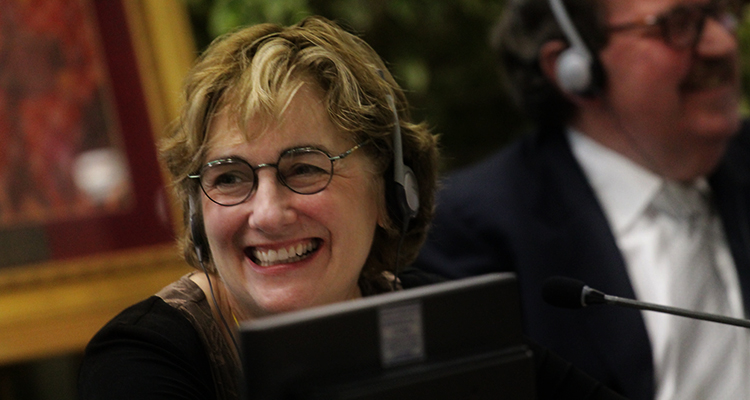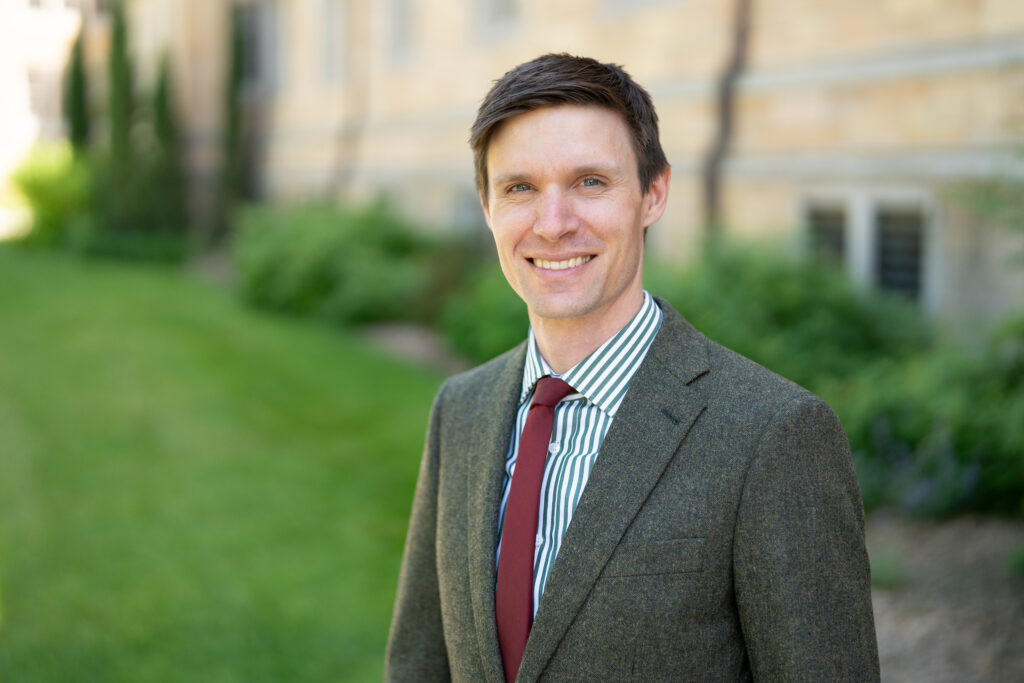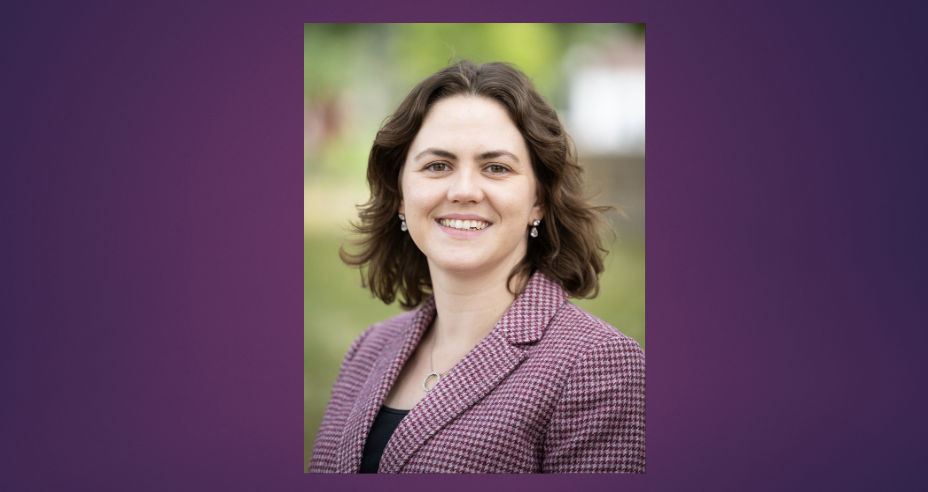At the conclusion of a year that has seen equal pay and parental leave emerge as major topics of national conversation in the United States, University of St. Thomas School of Law Professor Elizabeth Schiltz was invited to Rome to present her work on mothers in the workplace for the Pontifical Council for the Laity’s International Study Seminar, “Women and Work.”
Schiltz presented “Motherhood: a burden or added value for a business?” to 100 experts in attendance at the Dec. 5 seminar—individuals who came from all around the world to hear 13 distinguished speakers from nine countries tackle issues such as gender stereotypes and reality, penalization of motherhood, and pay inequity, among others.
Her paper makes a compelling business case for mothers in the workplace, noting that: (1) businesses want women workers, and most women workers want to be mothers; (2) businesses benefit long term from the caregiving work of mothers, and should thus shoulder some of its cost; (3) accommodating motherhood is not, in fact, as much of a burden on businesses as is commonly thought; and (4) mothers offer some unique and valuable skills to the workplace.
The recent seminar marked the third conference Schiltz has been invited to speak at on this topic, which has become an area of focus for the Murphy Institute for Catholic Thought, Law and Public Policy. Schiltz is co-director of the Murphy Institute and Thomas J. Abood research scholar for the School of Law.
The Pontifical Council for the Laity assists the Pope in all matters concerning “the contribution the lay faithful make to the life and mission of the Church,” according to its website. The goal of the “Women and Work” seminar was to discuss “causes and consequences of today’s dichotomy between family demands and the organization of work…and consider paths to leave behind the ‘either or’ dilemma in which too many women find themselves today, and to propose innovative solutions towards a ‘one and the other’ answer that combines the demands of work and the demands of family life.”







